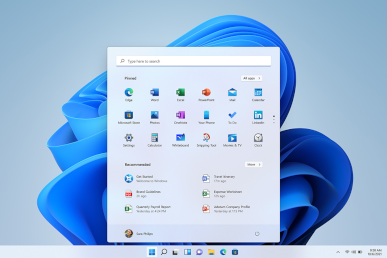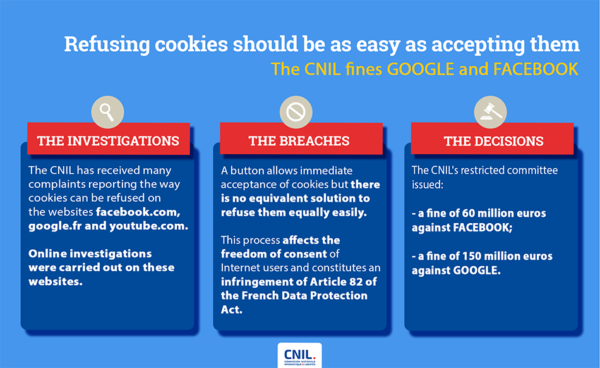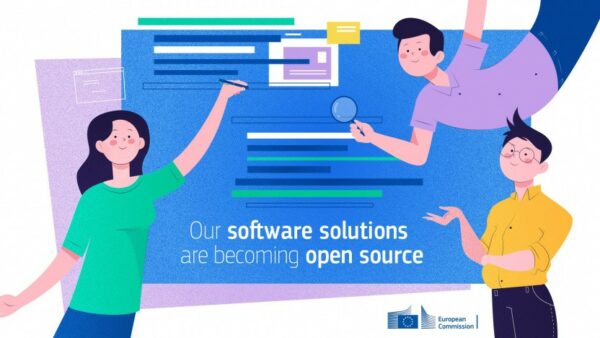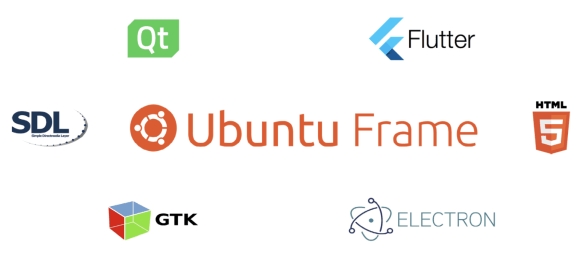No Microsoft account, no Windows 11
French tech news site Frandroid reports that there has been a very unobtrusive but significant change to the installation procedure for Windows 11, but one with major implications for users’ privacy and security.
Since the launch of Windows 11, users of the home edition have been obliged to have a Microsoft account and an internet connection for the initial configuration of a machine if a fresh installation is involved. The company could soon extend this obligation to the operating system’s Professional edition.

Image courtesy of Wikimedia Commons.
This week Microsoft has released build 22557 to members of the Windows Insider programme. This is a rather ambitious new version of Windows 11 packed with new “features“, including a change in policy regarding Windows 11 Pro.
As Microsoft wrote on its blog announcing the release:
Similar to Windows 11 Home edition, Windows 11 Pro edition now requires internet connectivity during the initial device setup (OOBE) only. If you choose to setup device for personal use, MSA will be required for setup as well. You can expect Microsoft Account to be required in subsequent WIP flights.
As you have read, Microsoft has stated in black and white that people will need to have an internet connection and a Microsoft account, even from Windows 11 Pro to enable a machine’s personal use (as distinct from business or educational use).
As a matter of fact, Microsoft is stating what the obligation will be included in all future versions of Windows 11 in the Insider programme. It can therefore be assumed that this new constraint only affects the initial configuration of machines with versions of Windows 11 from the Insider programme.
We will have to await the next major update of Windows 11 which incorporates the new features of build 22557 to check if having a Microsoft account has really become mandatory for the operating system’s Pro edition.
The use of an online account has long been required by Apple and Google on iOS and Android respectively, but less so for Windows, since historically there has not been any Microsoft account to connect, much to the chagrin of the software publisher. Users are therefore not accustomed to such a requirement, which Microsoft has been trying to promote since the launch of Windows 8


 Klingon is of course well known to lovers of the US science fiction Star Trek media franchise created by Gene Roddenberry as the language of the alien race of the same name and created by US linguist
Klingon is of course well known to lovers of the US science fiction Star Trek media franchise created by Gene Roddenberry as the language of the alien race of the same name and created by US linguist  Interslavic is a pan-Slavic auxiliary language whose purpose is to facilitate communication between people from different Slavic nations, as well as allowing those who do not know any Slavic language to communicate with Slavs by being understandable to most, if not all Slavic speakers without them having to learn the language themselves.
Interslavic is a pan-Slavic auxiliary language whose purpose is to facilitate communication between people from different Slavic nations, as well as allowing those who do not know any Slavic language to communicate with Slavs by being understandable to most, if not all Slavic speakers without them having to learn the language themselves. As a result of its investigations following the receipt of complaints from members of the public, the CNIL found that the websites facebook.com, google.fr and youtube.com do not make refusing cookies as easy as to accept them and so penalised them financially. The €150 mn. fine for Google is broken down into €90 mn. for Google LLC and €60 mn. for Google Ireland Ltd.
As a result of its investigations following the receipt of complaints from members of the public, the CNIL found that the websites facebook.com, google.fr and youtube.com do not make refusing cookies as easy as to accept them and so penalised them financially. The €150 mn. fine for Google is broken down into €90 mn. for Google LLC and €60 mn. for Google Ireland Ltd.
 After many iterations and amendments, the European Parliament adopted the Digital Markets Act (DMA) by 642 votes in favour, 8 votes against and 46
abstentions, the
After many iterations and amendments, the European Parliament adopted the Digital Markets Act (DMA) by 642 votes in favour, 8 votes against and 46
abstentions, the 

